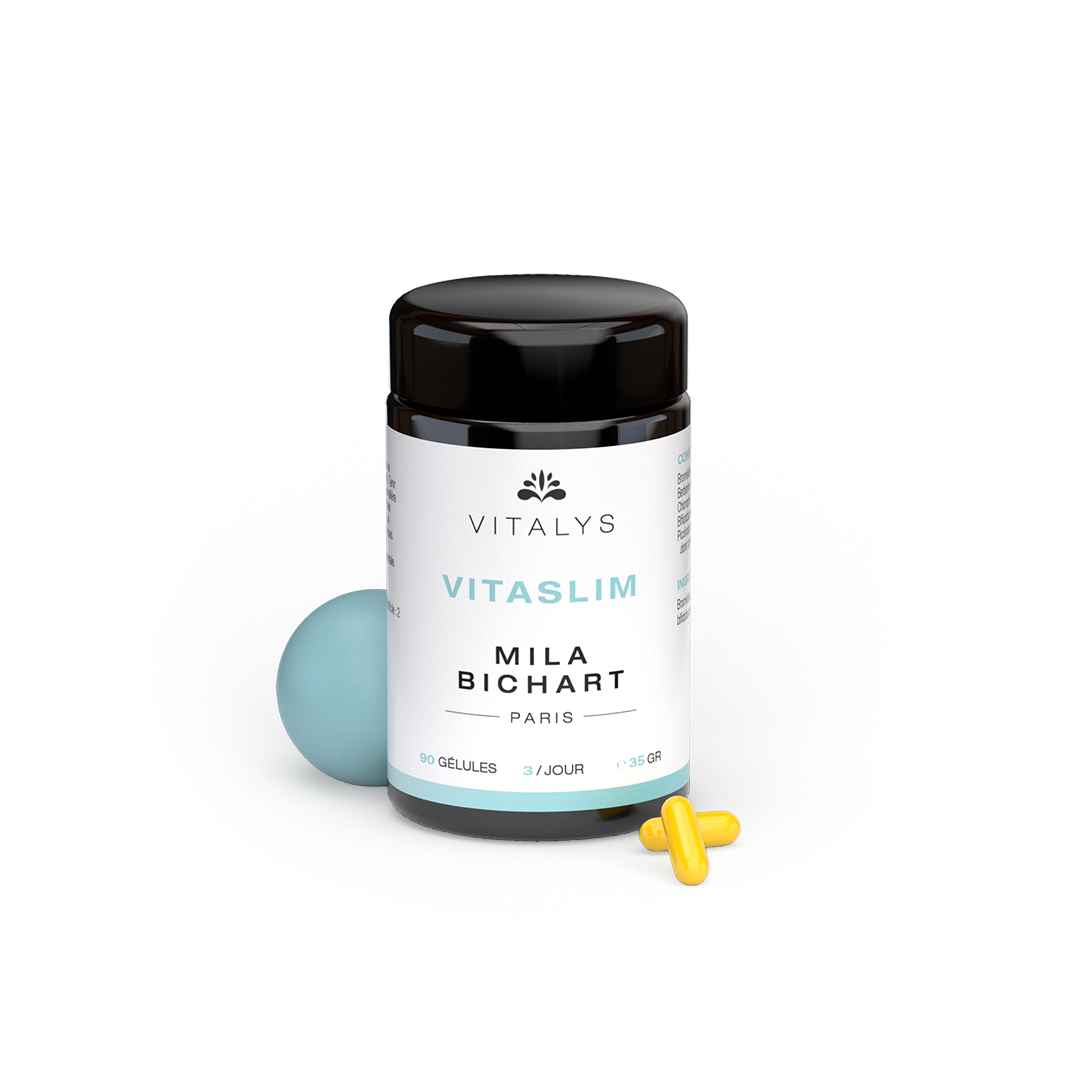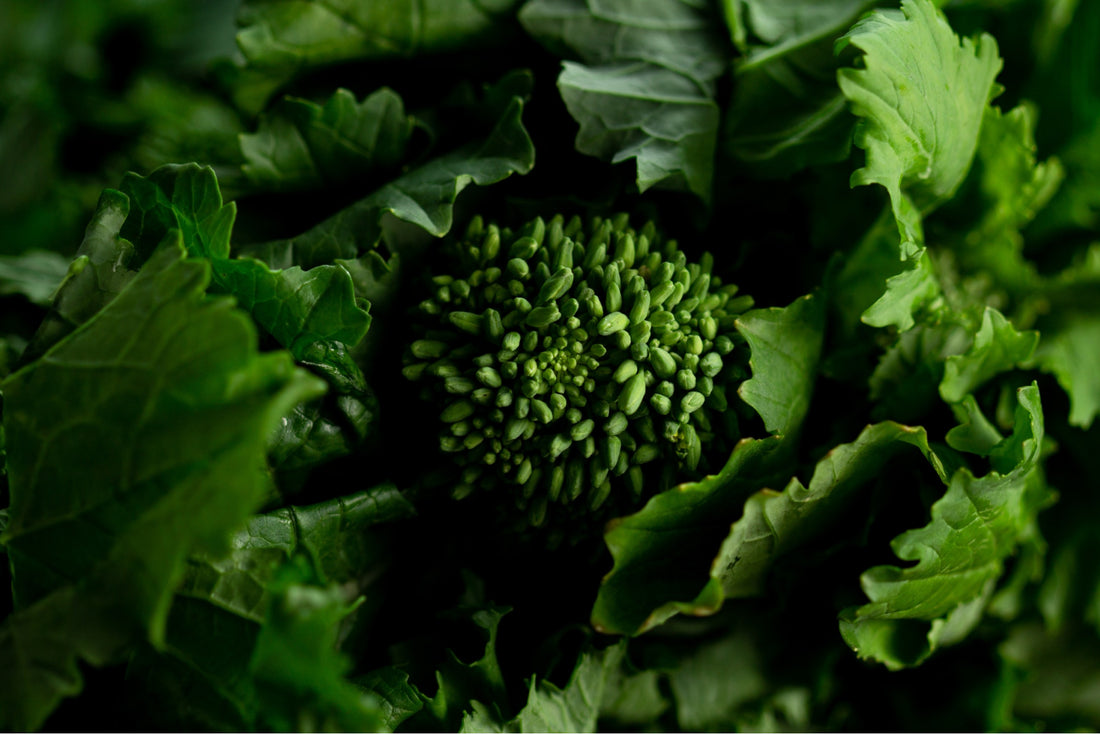Before talking about the role of vitamin K in our body, it should be noted that when we talk about vitamin K, we are actually talking about an entire group of vitamins, in particular vitamin K1, found in plants, vitamin K2, synthesized by bacteria of the intestinal flora and in the fermentation process, as well as vitamin K3, obtained artificially.
The best-known function of vitamin K is its influence on blood clotting. However, vitamin K also plays an essential role in the formation and repair of bone tissue. A study in older adults found a correlation between vitamin K deficiency and decreased bone density, which increases the risk of fractures. In patients without vitamin K deficiency, more moderate bone demineralization is observed. Thus, vitamin K is essential alongside vitamin D for people suffering from osteoporosis.
Vitamin K protects our blood vessels. To date, a relationship has been established between vitamin K deficiency and the risk of blood vessel calcification (deposition of calcium salts on the vessel walls) and vein enlargement. Vitamin K not only slows down the process of calcium deposition, it also prevents loss of elasticity in blood vessels.
Vitamin K acts directly on a matrix protein present in bone and cartilage tissues. This protein promotes bone and cartilage repair, while preventing the deposition of calcium salts and the rupture of blood vessel aneurysms.
Vitamin K is necessary for irritable bowel syndrome because it helps maintain normal acidity in the intestine.
Particular attention should be paid to vitamin K when taking antibiotics and laxatives, as they change the intestinal microflora. It is also recommended for the prevention of Alzheimer's disease, as well as in cases of osteoporosis, atherosclerosis, growth problems in children and during recovery periods in adults.
Vitamin K is found in the green leaves of lettuce, cabbage, nettle, alfalfa, asparagus, broccoli, artichoke and virtually all green vegetables, because chlorophyll synthesizes it. under the influence of sunlight.
Mila Bishar
Naturopath
Paris

